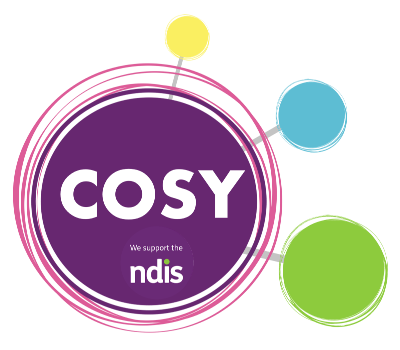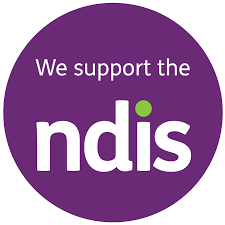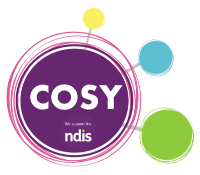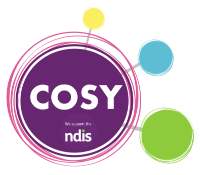Mental Health and the NDIS: Supports You Might Not Know About
Explore how the NDIS supports people living with psychosocial disability. Discover lesser-known supports that promote holistic wellbeing and learn how tailored planning with Cosy Coordination can make all the difference.
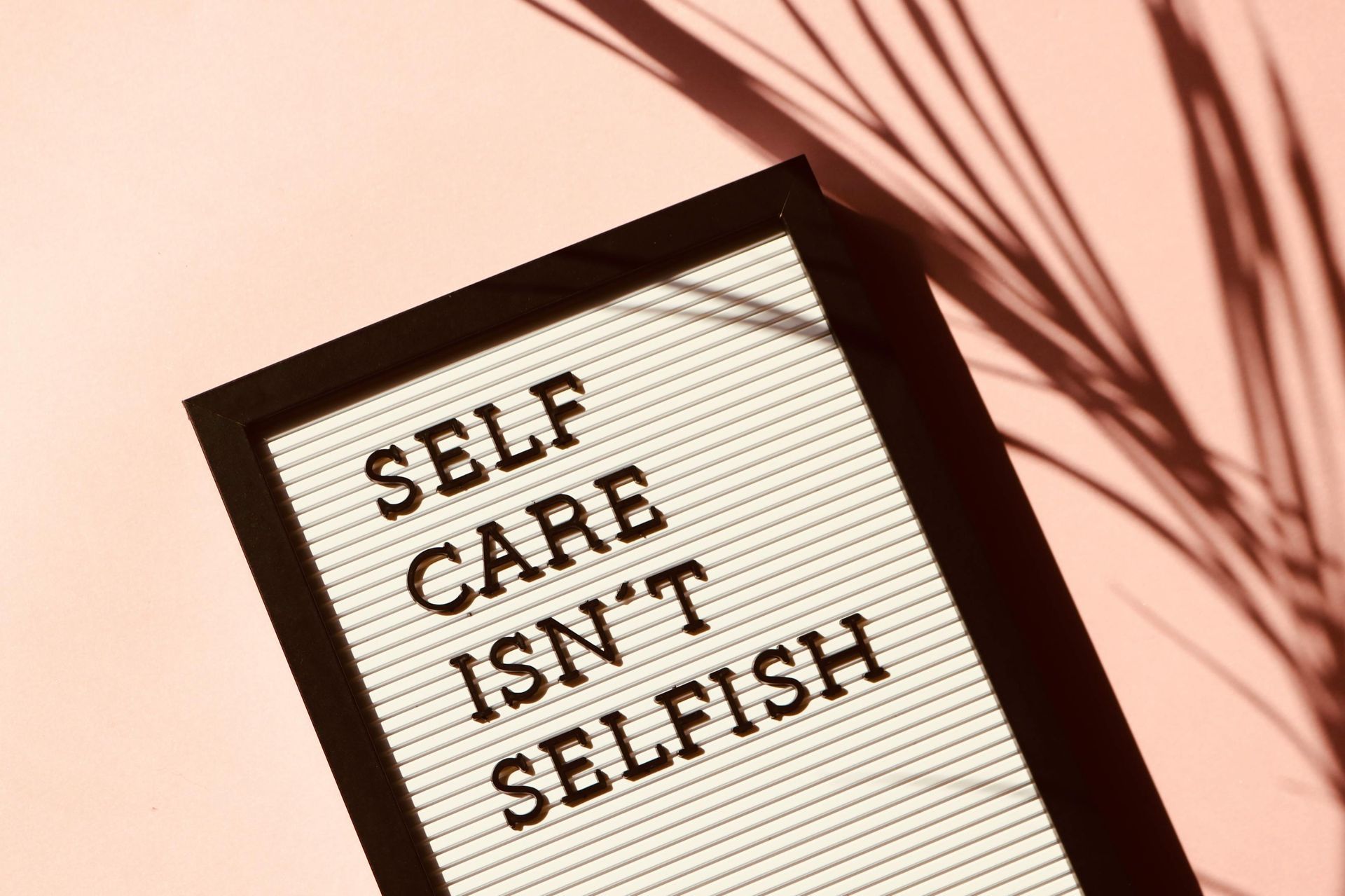
Understanding Psychosocial Disability
When we think of disability, many people picture physical or sensory challenges. But for those living with mental health conditions, the impact can also be life-changing. The NDIS recognises this through psychosocial disability—a term that describes how a mental health condition can affect a person’s ability to participate in everyday life.
Psychosocial disability can make it harder to maintain relationships, stay engaged in work or study, or manage day-to-day routines. That’s why the right supports are essential—not just for managing symptoms, but for building confidence, resilience, and independence.
Lesser-Known Supports Available Through the NDIS
The NDIS provides a wide range of supports for people living with psychosocial disability. While most people are familiar with therapy sessions or medication management, there are also lesser-known supports designed to promote holistic wellbeing, such as:
1. Support with Daily Living Skills
Learning strategies for cooking, budgeting, or using public transport can make a huge difference in building independence.
2. Peer Support and Mentoring
Connecting with people who share similar lived experiences can reduce isolation and build confidence.
3. Community Participation Programs
Joining social, recreational, or skill-building groups can support recovery while strengthening social connections.
4. Employment and Education Support
Specialised assistance helps participants prepare for work, build skills, or transition into further study.
5. Assistive Technology for Mental Health
This might include apps, reminders, or sensory tools that support emotional regulation and daily organisation.
Why Tailored Planning Matters
Every individual’s journey with mental health is unique. That’s why NDIS planning should never be one-size-fits-all. Tailored planning looks at the whole person—their strengths, challenges, goals, and aspirations—and creates supports that build resilience and improve overall wellbeing.
At CosyCoordination, we work closely with participants to:
- Understand their personal recovery goals.
- Identify both common and lesser-known supports available through the NDIS.
- Build a plan that supports not only mental health but also independence, social inclusion, and quality of life.
Building Holistic Wellbeing
Holistic wellbeing goes beyond just managing symptoms—it’s about thriving. With the right supports in place, people living with psychosocial disability can:
- Strengthen daily routines.
- Build meaningful social connections.
- Gain skills for work, study, or volunteering.
- Develop confidence and independence in everyday life.
When these pieces come together, recovery and wellbeing become more sustainable and empowering.
Conclusion
The NDIS offers so much more for mental health than many people realise. By exploring both common and lesser-known supports, individuals with psychosocial disability can access the tools and services they need to live well.
💡 If you or a loved one are living with a psychosocial disability and want to make the most of your NDIS plan, contact Cosy Coordination. Our team will guide you through the process, ensuring your plan is tailored to support your mental health and overall wellbeing—because recovery should be about more than just getting by, it should be about thriving.
